Do we have the freedom to change our behavior? If not, how can we be held responsible for our actions? Does life have any meaning without this freedom?
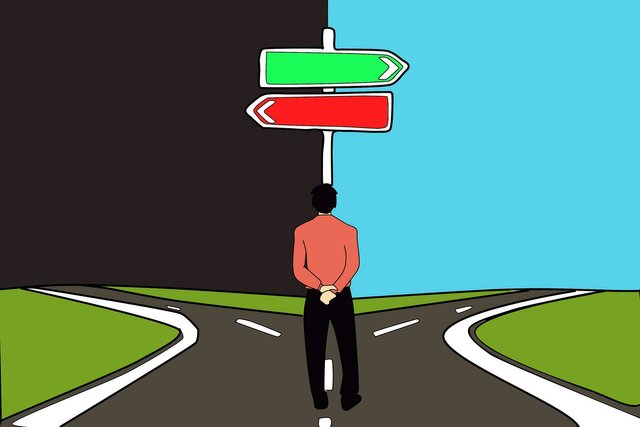
These questions came up in response to my previous article asking “Are we living in the Matrix?” as people worried about how a simulated world impacts our own personal freedoms.
This concern about the nature of freedom requires us to travel deeper down the rabbit hole to understand the nature of Free Will.
The Challenges of Traditional Free Will
Before we go any further, lets define classical free will:
Free Will is the ability to do other than we have done, given the same circumstances.
or, put another way:
My actions are free if they are not predetermined by circumstances outside my control.
This definition seems to capture an important sense of the word freedom itself- the ability to do otherwise. Let’s see how well this definition holds up in various possible scenarios.
Scenario 1: The World is a Simulation
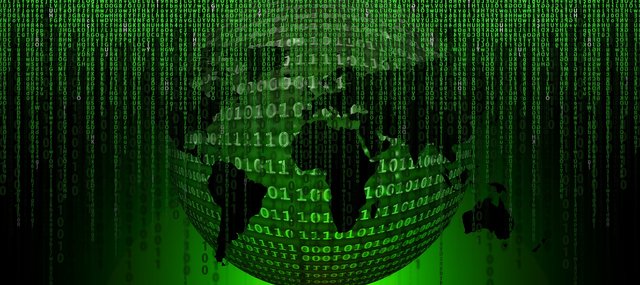
If we are living in a simulation, then our very thoughts could be under the complete control of a machine. It “feels” like we make free decisions, but in reality we are simply following a program. No free will here.
Scenario 2: An All-Powerful God Created the World
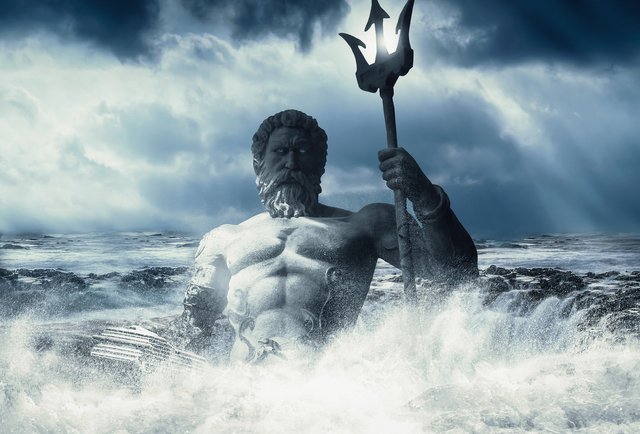
If you believe in an all-powerful God, then God already knows everything you will do, and knew it from the instant of creation, basically guaranteeing that you cannot do other than you have done. God’s foreknowledge seems to preclude any hope of free will.
Scenario 3: The Laws of Nature are Determined and Predictable
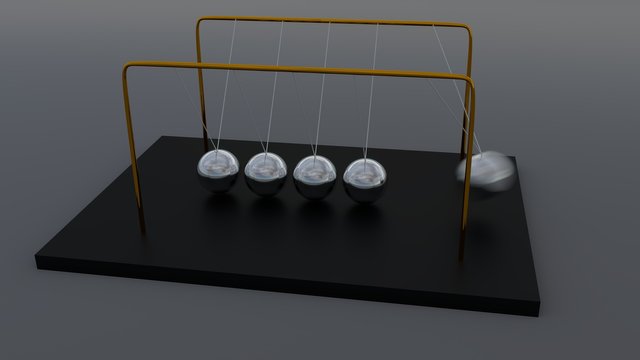
If you believe that all the laws of nature are fixed, then we are simply a product of that nature. Every factor about our life- genetics, environment, etc. was all determined before we were born and our “free choices” would be totally predictable if we knew all the facts. We have no more freedom to change our behavior than a billiard ball does when it is hit by another ball. We may not understand all the physics, but we cannot escape them.
Scenario 4:The Laws of Nature are Probabilistic and Predictable.
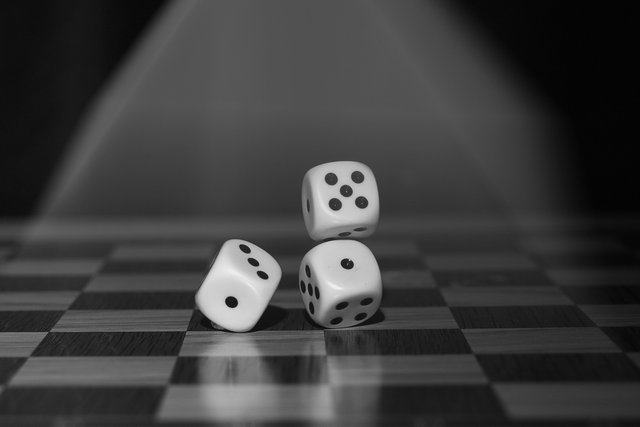
If you believe in a probabilistic world, as quantum mechanics seem to imply, the situation doesn’t seem much better. Technically you could have done other than you did, but does the randomness of this outcome imply a meaningful freedom? If you programmed a computer to randomly display Red or Green on the screen with a 50% ratio, is that computer making a free choice? This hardly seems like the kind of freedom people want.
Scenario 5: The Laws of Nature are Unknowable

If you believe that it is impossible to know the true nature of the world, then free will exists at best as a theory. Perhaps there is a mysterious “soul” that controls our actions, but it is not a part of the physical world in a way we can understand. In this case, we cannot ever know if we truly have free will, and can at best hope that this mysterious unknowable something is the freedom we were looking for.
Under any of the above scenarios, the traditional concept of free will is in grave danger. It seems that no matter what the nature of reality is, the traditional concept of free will is doomed.
This conclusion challenges our feeling of being free to choose. Are we really just automatons without freedom and moral responsibility? How can we push back against this repugnant conclusion?
A Better Concept of Free Will
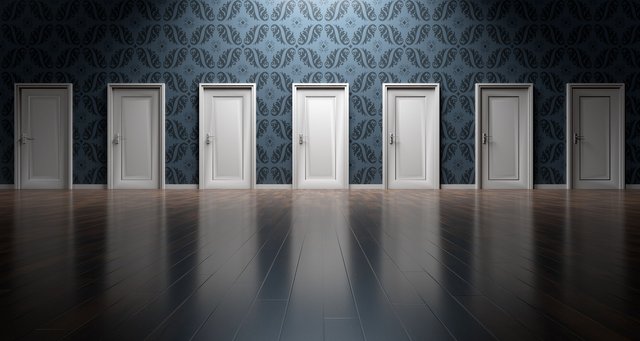
When we dig into the traditional concept of free will, we begin to realize how empty it is. If our actions are not determined by a combination of our inherited traits and environment, then what could they possibly be determined by?
Something about my personal makeup interacting with the world leads to my decisions which lead to my actions. What other thing could cause me to act other than outside influences and traits I possess?
The key to decoding this puzzle is understanding the concept of Free Choice. What we really care about when it comes to freedom is not that we could do otherwise in the exact same circumstance.
Nor do we want our actions to be spontaneously generated independent of outside influence. In fact, the very idea of spontaneous action unconnected to our traits or environment is nonsensical!
What we really care about is that our actions stem from Free Choices. Lets define Free Choice:
A Free Choice is one which could be changed if reasonable incentives to do otherwise were presented.
or in other words
A choice is free if I could reasonably be persuaded to do otherwise.
This definition captures the idea that we are responsible for our decisions if they stem from reasons (as opposed to coercion).
Lets illustrate this with an example:
A lifelong football fan (we’ll call him Bill) is given the opportunity to go to either a football game or the opera. He chooses the football game and would do so no matter how many times you asked him. Is this choice a free choice?
In the traditional definition of Free Will, this choice would not be free since Bill would never choose to go to the opera in those circumstances. Under the Free Choice definition, we would simply need to ask if Bill could respond to reasonable incentives to change his mind. We can test this with hypothetical questions. If we paid Bill $10,000 to go to one opera, for example, would he say yes? If so, his choice is free.
Now lets suppose Bill gets too rowdy at a game and is arrested. While Bill sits in jail, he is not free to go either the football game or the opera, and no amount of incentive will change this decision. He is very directly not free to choose his own fate.

People can be not free in other ways. If Bill was an alcoholic, whose drinking continued to have negative impacts on his life (e.g. getting thrown in jail at a football game), then his addiction might be preventing him from having a free choice to stop drinking. If Bill had a gun to his head, threatening to shoot if he went to the opera, he similarly would not be making a free choice when he went to the football game.
There is certainly room to debate about what counts as a reasonable incentive and what choices are free in this sense, but we can see how this framework correctly tracks with our general intuitions about freedom and doesn’t care whether we are in a simulated world, a deterministic universe, or in the mind of god.
Our tension at the concept of freedom comes from conflating the idea of moral freedom with a vague idea of “free will”, which does not connect to our day to day use of the word.
Praise and Blame
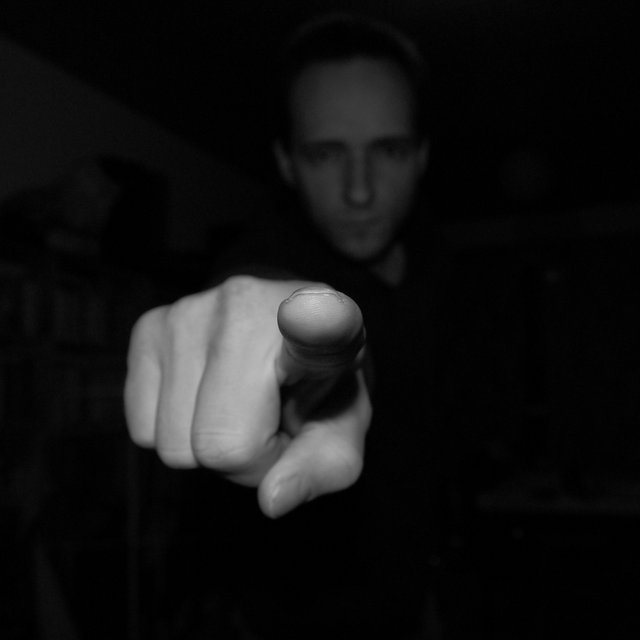
One of the main reasons that humans care about the concept of freedom is because we feel a strong need to blame and praise people for their actions. If someone cuts me off in traffic, they are obviously an asshole. When my daughter gets an A in her finger-painting class, she is obviously a genius.
This makes sense from an evolutionary standpoint. We are social creatures and our survival depends on our ability to connect with others and figure out who to align with. Praise and blame are our mechanism for managing these social interactions.
Under a traditional Free Will model, it is almost impossible to praise or blame anyone for anything. If everyone’s actions are predetermined, then no one can truly be held responsible for anything. This can be a useful perspective to take on occasion (see my discussion of the universal lens here.), but in day to day life, it is neither possible nor desirable to believe no one is responsible for anything.
Under the Free Choice model, I don’t blame you as much for actions when I know you are restricted in your ability to respond to incentives. Examples of restricted choice include:
- physical restraint (e.g. in prison)
- extreme duress (e.g. have a gun to your head, near starvation, etc.)
- mental illness (e.g. addiction, depression)
- ignorance (e.g. a young child, a sleepwalker)
The more able you are to respond to incentives, the more you will get praise or blame you will get for the things you do. This moral justification for praise and blame is the thing that our intuition demands when we think about freedom and we can have it without the traditional concept of “Free Will” so long as we understand what it means to make free choices.
What started as a seemingly esoteric discussion ends with a very practical message. Neither machine, nor god, nor skeptic can change the basic fact that the kinds of choices you make determine what kind of person you are.
(pictures above sourced from pixabay.com)
Hi, I’m Justin!
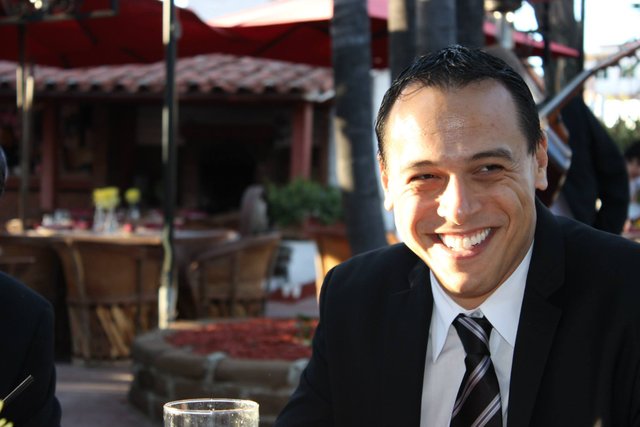
I love reading, writing, dancing, meditating, learning, and helping others. Learn more about me here.
Lots of food for thought. I think it could be narrowed even further if we went that far..
Free will exists in specific situations with specific elements involved.
Free will as a blanket concept does not exist. Well maybe the "will" or the intention can exist. But freedom of action or choice does not exist as often as most people think it does..
How about that?
Downvoting a post can decrease pending rewards and make it less visible. Common reasons:
Submit
Thanks for the reply. You hit on the key to the puzzle which is context. We use the word freedom very loosely in general and it is more appropriate to say something like "I am free to do X as opposed to Y" rather than "I am free" in some vague broad sense. What we generally care about is freedom as used in a moral/legal sense and it is confusion with a cosmic free will that gets us in trouble.
Downvoting a post can decrease pending rewards and make it less visible. Common reasons:
Submit
"Free will" is nothing but the capacity that some adult brains to give it's owners , for some time intervals, the capacity to feel that he has limited freedom of limited choice.
Downvoting a post can decrease pending rewards and make it less visible. Common reasons:
Submit
Brilliant! Upvoted and followed.
Downvoting a post can decrease pending rewards and make it less visible. Common reasons:
Submit
Interesting article Justin, sounds like you've given this a lot of thought. I'd like to suggest a different definition of free will: it is an ability that can be practiced and improved.
You mention quantum physics and other laws dictating the world and our actions in it; a greater understanding of those laws improves our ability to practice free will. The more we understand ourselves and the world, the greater our "freedom", in the sense that we can make informed choices on how to act in relation to that world.
For example, if I properly understand the law of cause and effect, I know that when something happens, it's the effect and can be traced back to specific causes. I happen to believe that all causes originate in the mind. Your thoughts are the cause of everything you experience in life, because thoughts cause thought patterns, and thought patterns cause actions, which attract our experiences. So by practicing selecting our thoughts carefully, we practice free will. We're essentially deciding what we'd like to experience
Downvoting a post can decrease pending rewards and make it less visible. Common reasons:
Submit
You're conflating freedom with foreknowledge. Me knowing my roommate is going to visit her girlfriend tomorrow because I heard him on the phone does not in any shape interfere with his freedom. Same thing with God who can read your mind and see your heart. The existence of contra-causal freewill which is necessary for not only responsibility but also rationality is the ultimate proof for the existence of a trustworthy Creator. If you're interested in the topic, check my video out:
Downvoting a post can decrease pending rewards and make it less visible. Common reasons:
Submit